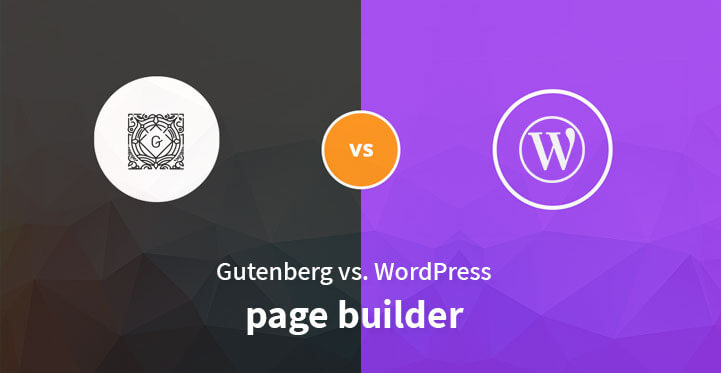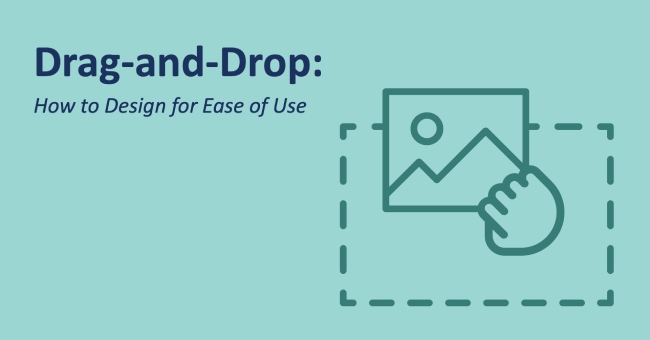Gutenberg vs WordPress Page Builders
As more users upgrade Wordpress 5.0, it has been asked whether Gutenberg is better than WordPress Page builders. To reflect on this topic, let’s compare the two editors (Gutenberg vs WordPress page builders) in question and how their functionality is different from the latter.
Table of Contents
Moreover, the details of both of them, their pros and cons shall also be considered.
Gutenberg is a user-friendly editor for WordPress which entails users to use it through shortcodes and HTML. It was named after Johannes Gutenberg who was the sole inventor of the printing press over five hundred years ago.
It’s a good option for beginners who have close to no knowledge or experience of using WordPress. Gutenberg is causing a lot of hype and people want to know what this hype is all about, fret not- we’ll explain as we compare the two along the way.
On the other hand, WordPress was designed for blogging. If you’re a blogger and looking for a means to start your career as one then look no further, WordPress is the way to go.

It doesn’t matter what the user is beginning as to whether they’re a web developer, a writer or an entrepreneur looking for a small business venture. WordPress will be their beacon of light to help them kick start their career.
Like Gutenberg, WordPress also requires basic knowledge of HTML and CSS to function to create a highly customized site of your liking with different functions that meet your needs. It works even if you have no experience in the knowledge mentioned above of coding.
It has a relatively flexible set of visual tools you can use to design your website. Once you’ve learned the basics, it is required you acquire basic knowledge of coding to make your WordPress files easily accessible.
However, it’s not needed to make your site look appealing for your taste to reflect on the brand you’re advertising.
What makes them both different?
Drag and drop features:
Currently, Gutenberg is mistaken for being a drag and drop page builder. Instead, there is more to it. The user may add the blocks, but they are restricted to changing their width or height.
Similarly, they cannot also add blocks inside other neighbourhoods. They cannot use columns and rows if they wish to create complex layouts either.
On the contrary page, builders allow you all these things which are restricted for Gutenberg.
Theme support and compatibility:
The theme support function of Gutenberg depends on the theme styles of the user’s WordPress. Although it adds its own from CSS( Cascading Style Sheets) and it gives them the liberty to add in their custom CSS.
Yet it still does not count many issues. The theme styles which will remain the same or settings may suffer due to this.
On the other hand, other page builder plugins allow them their custom theme styles.
Content layout vs page layout
Over here, users will get the freedom they were waiting for, Gutenberg blocks provide users with the liberty of choosing their content layout. But, they’re also limited; users may work with columns, tables, and full-width cover images.
On the other hand, other page builders are much more flexible in this case. They allow users the freedom from which they’re not only able to change the layout of the entire page, but also have more design options for widgets and blocks.
Widgets and blocks
Gutenberg has a fair amount of default blocks to use, which cover all the essential used content elements. Users are also able to save those blocks and use them again on different posts and even on WordPress websites itself.
It offers an API (Application Program Interface) for plugin developers to create their custom blocks as well. Every top WordPress site already possesses its own Gutenberg blocks for people to use.
Other page builders come up with the liberty of more block usages along with more modules and widgets. They offer the entirety of templates, blocks rows to save to be able to save and later reuse.
Formatting and styling options
Gutenberg allows users their styling and formatting options with a limited catch. The developer must be able to use CSS to be able to do more styling and formatting to create their custom block.
Other page builders though offer a lot more without having the coding knowledge. They’re far flexible with the idea of users being able to have more styling options.
Allowing them to change the colour of the background of the block to fit their needs. It also fits along with other perks such as using gradients, different font-icons, selecting the fonts, line height, adjusting the width of elements, using styles on images and much more.
Scope
Let’s talk about the scope feature on Gutenberg; the entire purpose of adding Gutenberg into Wordpress was to provide a modern writing experience to the users.
Its primary intent was to be user-friendly, to be used by anyone with the intention of blogging, writing photography or embarking on a business venture. Now coming back to our topic being Gutenberg vs WordPress Page Builders.
WordPress page builders though, provide the users with a visual drag and drop interface to help entire design pages. They intend to make it available to people seeking ways to promote small businesses, aspiring designers, e-commerce stores and more.
Gutenberg helps users in creating better content. On the other hand, page builders help in users creating better pages which may help in boosting sales, businesses and promoting them to grow.
Is Gutenberg a replacement to the rest of the WordPress page builders?
While we have the debate of Gutenberg vs WordPress Page Builders, it can be told without a doubt that Gutenberg acts as a better content editor than its predecessors.
It is not a replacement by any means; it is a part of it. With that being said, Gutenberg is currently expected to expand its functions further into more areas of the site quite specifically the menus widgets and even the customizer.
Hopefully, this article has helped you grasp the concept between Gutenberg vs WordPress Page Builders.


